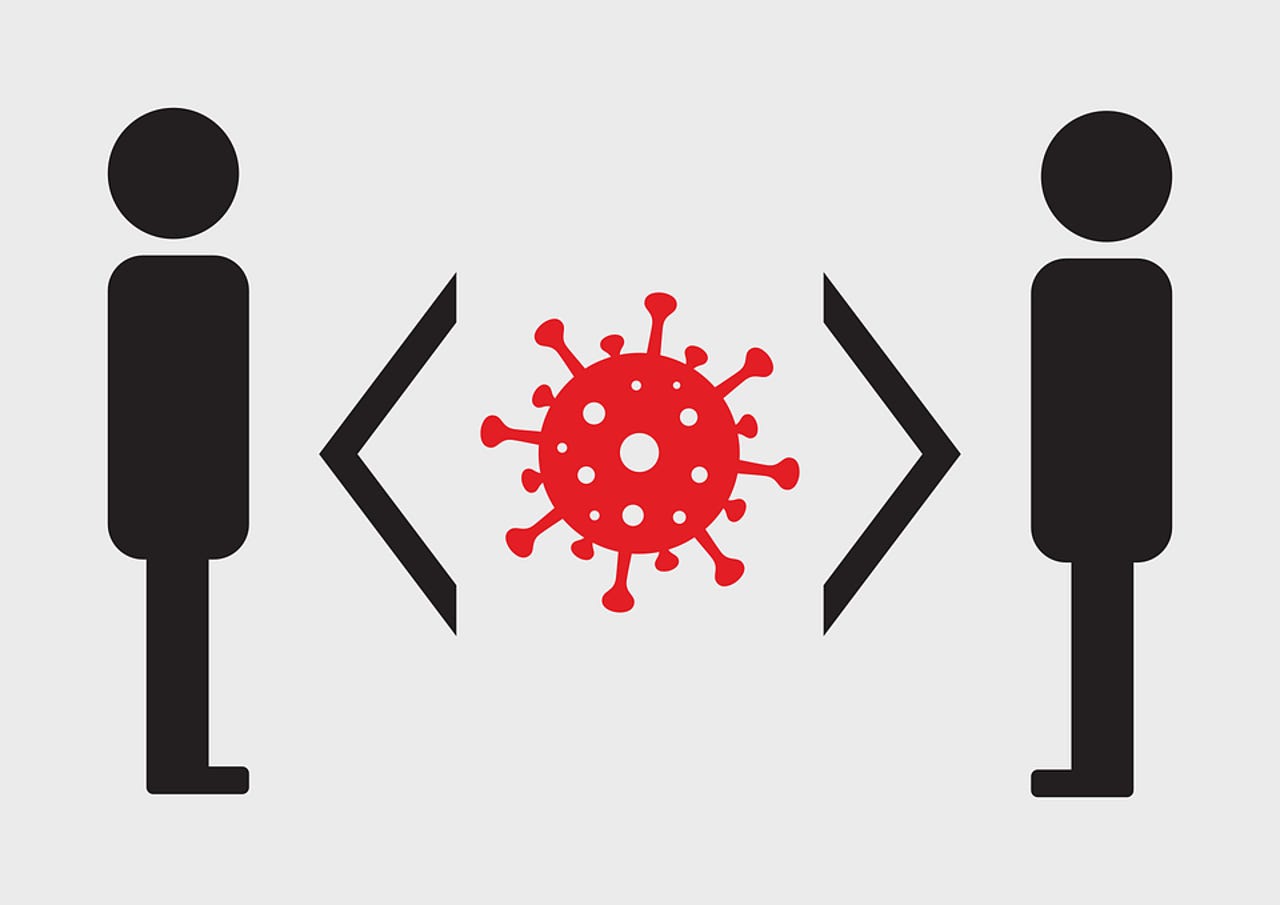Robotic watchdogs and wearables enforce social distancing


Social distancing is important, and perhaps nowhere more so than at work, where many essential workers are have been toiling on site. Now, app updates are permitting technologies used in settings like warehouses and manufacturing floors to monitor social distancing.
In some cases, these high tech police officers are even narcing out employees who don't follow guidelines to management. It's part of the growing pains as employers and employees grapple with retrofitting existing workspaces to maintain safe distancing.
Also: Life after lockdown: Your office job will never be the same -- here's what to expect
"Our key customers are sharing with us the challenges they're facing as they rethink and retool to restart operations," says Andreas Koenig, CEO of ProGlove, creator of industrial wearables, such as a barcode scanning solution. "We faced similar challenges as we reviewed our own processes for safety and efficiency. It is our natural tendency, as humans, to want to go back to doing things the way we did them before, however, it's not possible. Proper social distancing is now key to a successful return to work."
ProGlove is one of the technology providers I've come across that's pushing proximity sensing into its existing technologies in response to COVID-19-related changes. The company's new ProGlove Connect Proximity app provides an additional layer of feedback on an Android device alone or when paired with a ProGlove MARK barcode scanner which rests on the employee's hand.
When personally equipped with the MARK wearable scanner and paired Android device, workers coming within close proximity of each other are alerted. The alerts come to the workers via a full array of options on the wearable scanner including audio sound, optic LED light, and haptic vibration signals. The company points out this is especially important in a busy or noisy shop floor environment where an Android alert alone in a pocket could be easily overlooked.
"We tested the MARK upgrade in-house and it works beautifully. We're now rolling it out on our own assembly line," notes Konstantin Brunnbauer, VP of Production for ProGlove. "For my team it is easy to want to fall back into old patterns of working together but with this extra reminder we can maintain safe distance."
Another company, inVia Robotics, which makes warehouse automation solutions for e-commerce businesses (many of which have seen increased ordering during the lockdowns) has added social distancing to features to its existing stack. The new features proactively keep workers at a safe distance from each other and also notify both warehouse workers and warehouse management if that distance is breached.
Essentially, the robots are now social distancing enforcers capable of informing management when employees slip up.
"We listened to our customers who are concerned about how to keep their e-commerce fulfillment running without disruption but also want to ensure safety for their people," said Lior Elazary, co-founder and chief executive officer of inVia Robotics. "This solution can be implemented immediately and can easily be adapted to address new workplace concerns as they arise."
It's a glimpse of what's likely to become a new reality across various sectors: Technology enforcing evolving guidelines for our new infection-conscious reality.